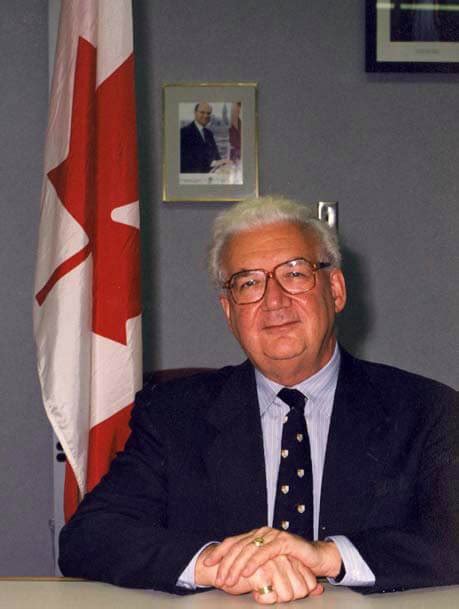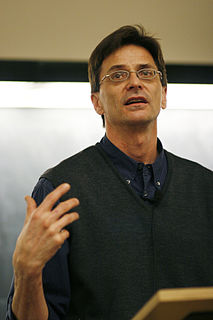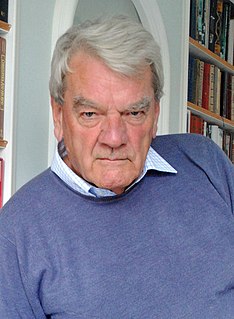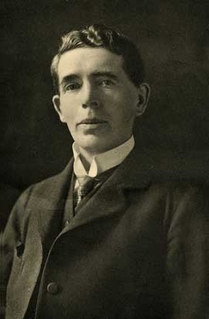A Quote by Jack Granatstein
I'm a historian, I think history matters, but we don't have to be slavish in following it and restoring it.
Related Quotes
We live in a new and exceptional age. America is another word for Opportunity. Our whole history appears like a last effort of the Divine Providence in behalf of the human race; and a literal, slavish following of precedents, as by a justice of the peace, is not for those who at this hour lead the AMERICAN CIVILIZATION.
When you are an historian, there's probably nothing that matters more than to be recognized by your colleagues in your own profession. I was lucky enough to win the Pulitzer Prize for History. I had to give a talk right after that to some young people. The most important thing to tell them, I think, is that you can't ever know that it's going to turn out that way.
Contemporary art is based on that an artist is supposed to go into art history in the same way as an art historian. When the artist produces something he or she relates to it with the eye of an art historian/critic. I have the feeling that when I am working it is more like working with soap opera or glamour. It is emotional and not art criticism or history of art.
The introduction of the Christian religion into the world has produced an incalculable change in history. There had previously been only a history of nations--there is now a history of mankind; and the idea of an education of human nature as a whole.--an education the work of Jesus Christ Himself--is become like a compass for the historian, the key of history, and the hope of nations.
I still think, perhaps I'm a bit old fashioned - that truth matters. I think truth matters particularly when it concerns an event of such horrendous quality. Holocaust was the worst, probably the worst massacre, if you'd like to call it that, in the world's history - considering the scale of it and the fact that it was done deliberately during wartime.
I may remind you that history is not a branch of literature. The facts of history, like the facts of geology or astronomy, can supply material for literary art; for manifest reasons they lend themselves to artistic representation far more readily than those of the natural sciences; but to clothe the story of human society in a literary dress is no more the part of a historian as a historian, than it is the part of an astronomer as an astronomer to present in an artistic shape the story of the stars.
I'm a historian by training and by conviction. And so the thing that has throughout informed my thinking about international relations is history. I think, for example, the reason that I was perhaps able to see sooner than some others that the Soviet Empire in Eastern Europe was decaying--if not disintegrating--was that I came to it through history and through Germany, rather than through Sovietology and through Moscow. And therefore the starting point was that no empire in history has lasted forever, and this one won't either.
Sometimes I think I'm a nihilist because it doesn't matter, none of this matters. We're all following the will of some unknowable higher power, probably the stars manipulating our cellular magnets. We think we have all this agency, but do we? Do we really? Can you choose to be brave when you were born a coward? Can we be deprogrammed from the brainwashing that we grew up in? I think we can, but I think we need a lot of help.








































